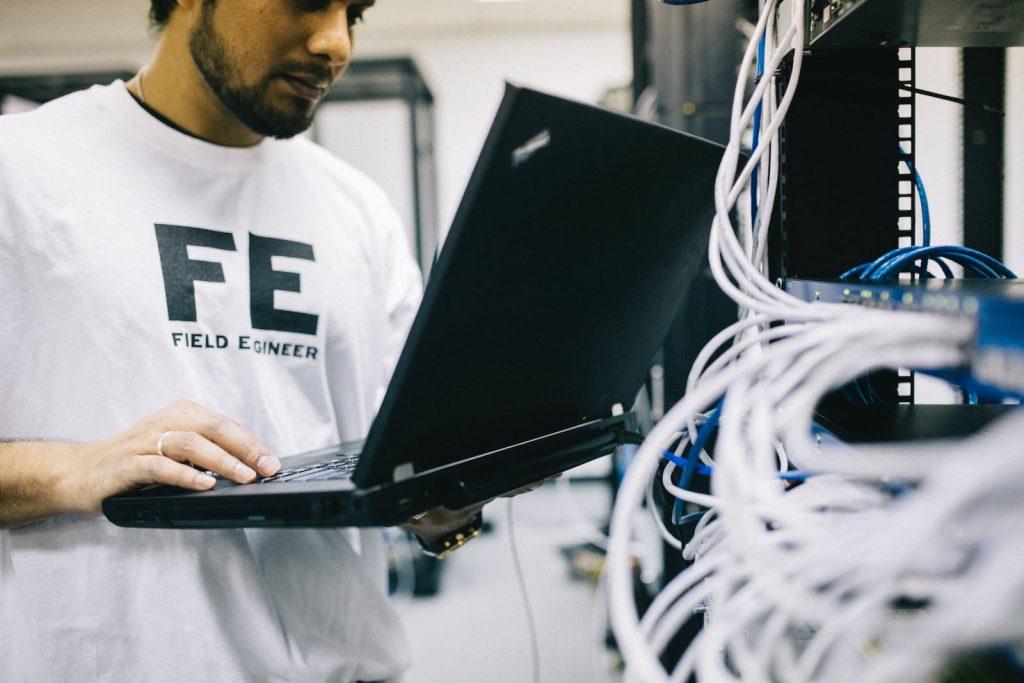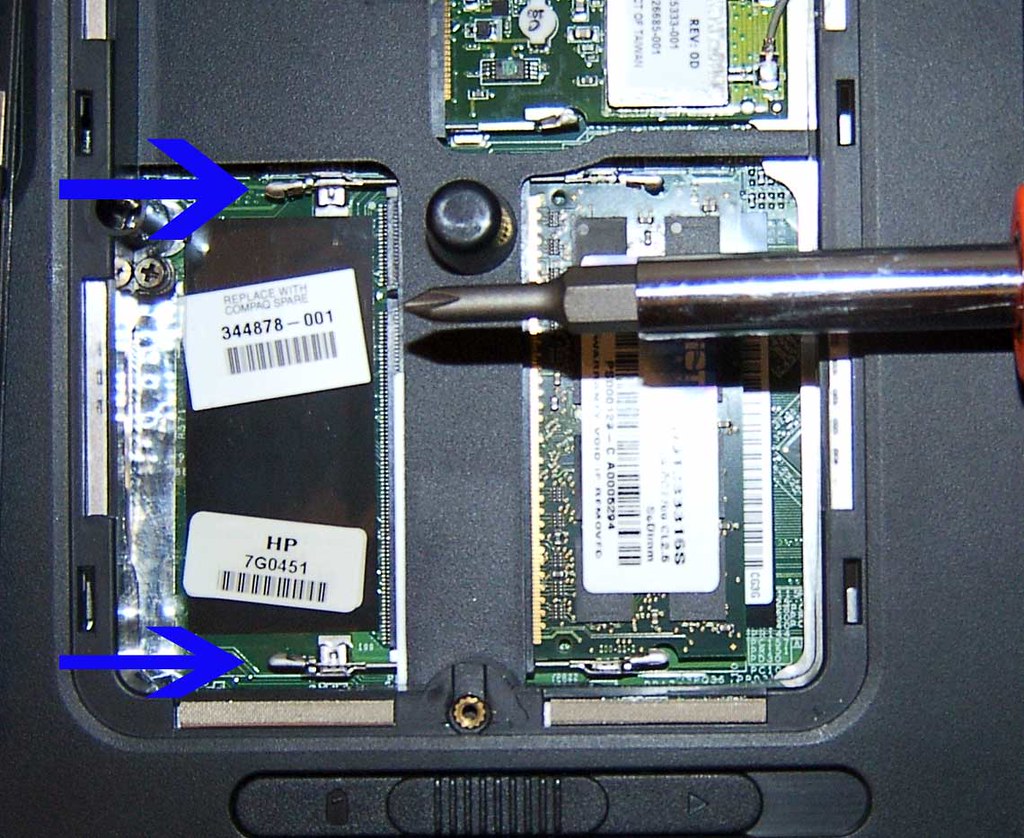This website may contain affiliate links, which means I may receive a commission if you click on a link and make a purchase. While clicking on these links won't cost you any extra money, they will help me keep this site up and running. Your support is appreciated!
Don’t let viruses sneak into your digital world – Master essential laptop protection with our ultimate guide!

Table of Contents
- The Basics of Laptop Protection
- Fortify Your Digital Fortress: Essential Tips
- The Power of Passwords: Unlock Ultimate Protection
- Browsing Safe Harbor: Navigating the Web Securely
- Downloading Defensively: Steer Clear of Digital Landmines
- Wireless Warriors: Lock Down Your Wi-Fi Connection
- USB Guardians: Protect Your Laptop from Sneaky Invaders
- Backup Brigade: Shield Your Data with Regular Backups
- Laptop Lockdown: Physical Measures for Enhanced Security
- Stay in Control: Update Your BIOS and Firmware
- Social Media Arsenal: Secure Your Digital Footprint
- Educate and Empower: Strengthen Your Security Savvy
- Vital Vigilance: Recognizing Signs of Infection
- Tackling Infections: Identifying and Removing Viruses and Malware
- Frequently Asked Questions on How to Protect Your Laptop from Viruses and Malware
- Insights and Conclusions
Welcome to this thrilling cyber-adventure, where we’ll equip you with all the tools you need to protect your precious laptop from those sneaky viruses and nasty malware that lurk in the digital abyss. Picture yourself as a modern-day superhero, standing at the forefront of cybersecurity, ready to fend off any digital adversaries that dare to invade your laptop fortress. So fasten your seatbelts, grab your favorite snack, and let’s embark on this exciting journey!
The Basics of Laptop Protection
Why does your laptop need protection?
Your laptop contains a treasure trove of personal and financial information, making it an attractive target for cybercriminals. With the rise of cybercrime, protecting your laptop is no longer optional—it’s an absolute necessity. So, let’s dive into some of the reasons why your laptop needs protection.
Defining viruses, malware, and other threats
Before we unveil the secrets of protecting your laptop, let’s quickly understand the enemy. Viruses and malware can wreak havoc on your device, but what exactly are they?
What is a virus?
In the digital realm, a virus is a malicious software program designed to replicate itself and infect your laptop. Just like a biological virus, it attaches itself to host files, spreads through your system, and causes havoc in its wake. Viruses can range from annoying nuisances to malicious destroyers, targeting everything from your personal data to system files.
What is malware?
Malware, short for malicious software, is a broader term that encompasses various types of harmful programs, including viruses, spyware, ransomware, and more. Malware can take several forms and wreak havoc on your laptop, compromising your privacy, stealing sensitive information, or even rendering your system unusable.
Importance of protecting your laptop from viruses and malware
Now that we know the enemy, it’s crucial to understand the significance of protecting our laptops. Viruses and malware pose serious threats that could lead to privacy breaches, financial losses, and even identity theft. By investing time and effort in securing our laptops, we can enjoy a worry-free digital experience and safeguard our personal and professional lives from potential disaster.
Fortify Your Digital Fortress: Essential Tips
Some villainous malware might try to breach your laptop’s defenses, but fret not! With a few simple measures, you can create an impenetrable shield. Let’s take a look:
Install a credible antivirus software
To strengthen your laptop’s defense, arm it with a trusty antivirus software such as Norton Antivirus, McAfee Total Protection, or Bitdefender Total Security. These programs will detect and neutralize any potential threats, ensuring your laptop remains virus-free.
Regularly update your operating system and software
Operating system updates, along with updates for software programs, not only provide new features but also patch security vulnerabilities. Keep your laptop’s defenses strong by allowing regular updates to ensure you’re protected against the latest threats.
Be wary of suspicious emails and phishing attempts
Cybercriminals often try to trick innocent victims through phishing emails that appear legitimate. Be cautious of suspicious emails, especially those asking for personal information or containing unexpected attachments. Remember, “Think Before You Click!”
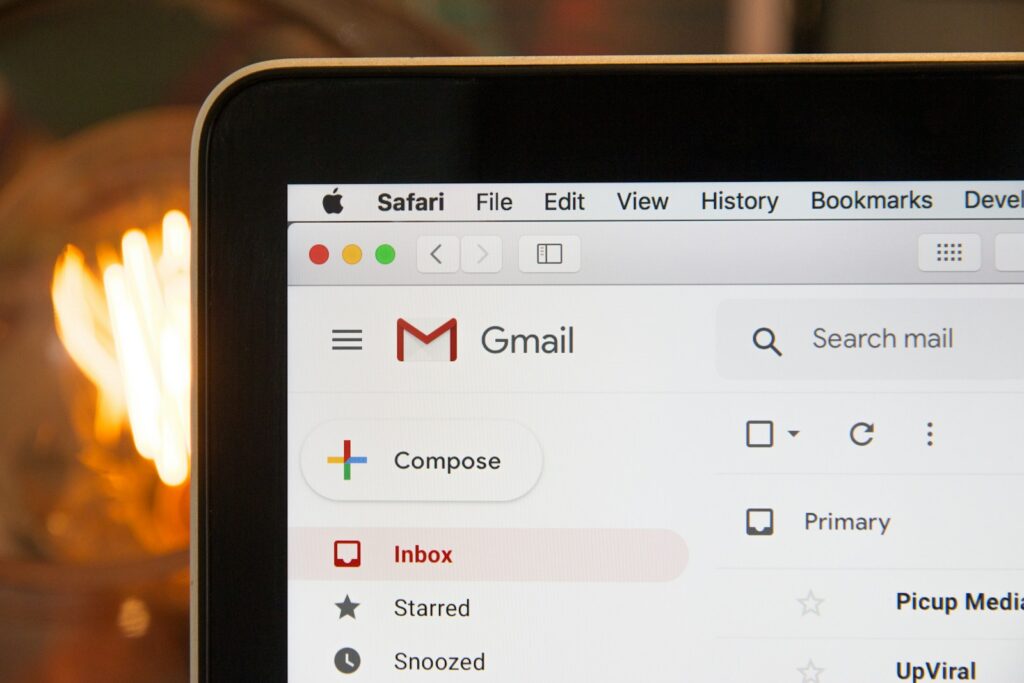
The Power of Passwords: Unlock Ultimate Protection
Imagine a fortress with a weak lock that can be easily picked by nefarious characters. Don’t let that happen to your laptop! Fortify your laptop castle with these password strategies:
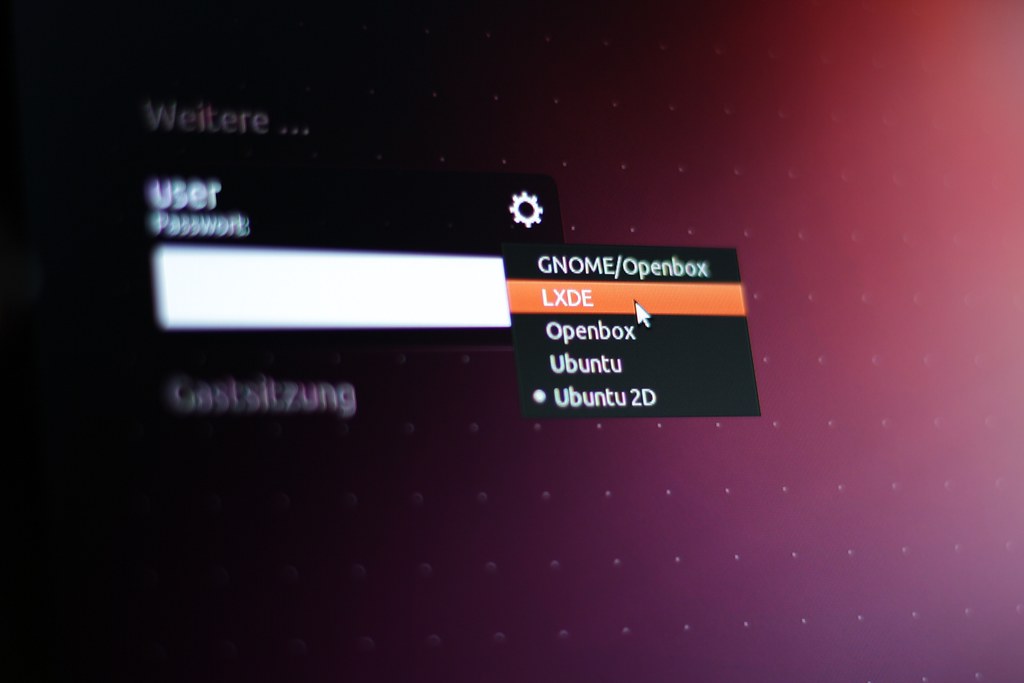
Create strong and unique passwords
A strong password is like a secret code that only you know. Combine uppercase and lowercase letters, include symbols and numbers, and avoid using common combinations or personal information. Unique passwords for each account are vital, preventing a domino effect if one is compromised.
Utilize two-factor authentication for added security
Two-factor authentication adds an extra layer of security by requiring a second verification step, such as a fingerprint or a code sent to your smartphone. This highly-effective defense measure makes it difficult for cybercriminals to gain unauthorized access, even if they manage to crack your password.
Manage your passwords effectively with password managers
Handling multiple strong and unique passwords can be overwhelming. Luckily, password managers like LastPass, Dashlane, and 1Password are here to save the day! These handy tools remember your passwords securely and automate the login process, ensuring you don’t forget or reuse passwords.
Browsing Safe Harbor: Navigating the Web Securely
The vast expanse of the internet can be a treacherous sea filled with hidden dangers. Safeguard your laptop while surfing the web by following these essential tips:
Ensure your browser settings are up to date
Keep your browser updated with the latest security patches to shield against potential vulnerabilities that hackers may exploit. Take advantage of automatic updates, or manually check for updates regularly.
Beware of suspicious websites and pop-up ads
Avoid venturing into shady websites that promise unbelievable deals or request sensitive information. Pop-up ads can also be malicious, so use an ad-blocker to minimize the risk of encountering such threats.
Enable ad-blockers and install trusted browser extensions
Adding an ad-blocker to your browser not only enhances your browsing experience but also helps prevent unintended exposure to potentially harmful ads. Additionally, consider installing browser extensions like HTTPS Everywhere or NoScript to bolster your online security.
Use HTTPS and VPN
When browsing websites, prioritize those with a secure connection (HTTPS) as it encrypts your data and makes it harder for hackers to intercept. Additionally, consider using a virtual private network (VPN) to add an extra layer of privacy and security.
Downloading Defensively: Steer Clear of Digital Landmines
Downloading files from the internet can be as risky as seeking treasure on a pirate island. Stay vigilant and defend your laptop with these smart practices:

Only download from trusted sources and official app stores
Stick to reputable websites and official app stores like Google Play Store, Apple App Store, or Microsoft Store when downloading software or apps. Avoid third-party sites, as they pose a higher risk of malicious files.
Scan files before opening or executing them
Before opening or executing any downloaded files, make it a habit to scan them using your antivirus software. This way, you’ll be able to detect and eliminate potential threats before they wreak havoc on your laptop.
Use virtual sandboxes for suspicious files and programs
For an extra layer of protection, consider utilizing virtual sandbox applications such as Sandboxie or Windows Sandbox. These tools create an isolated environment for testing suspicious files and programs, ensuring your laptop remains unharmed.
Wireless Warriors: Lock Down Your Wi-Fi Connection
Your Wi-Fi connection can be the gateway through which digital villains gain unauthorized access to your laptop. Protect yourself with these wireless security measures:
Secure your Wi-Fi network with a password
Set a strong password for your Wi-Fi network to prevent intruders from connecting without your permission. A complex and unique Wi-Fi password is crucial for keeping hackers at bay.
Disable remote access to your router settings
Remote access to your router can put your network at risk, allowing unauthorized individuals to tamper with your settings. Ensure remote access is disabled to protect your Wi-Fi network.
Use a virtual private network (VPN) for enhanced security
When browsing or connecting to public Wi-Fi networks, consider employing a VPN. A VPN encrypts your online traffic, making it difficult for eavesdroppers to intercept your data and potentially compromising your laptop’s security.
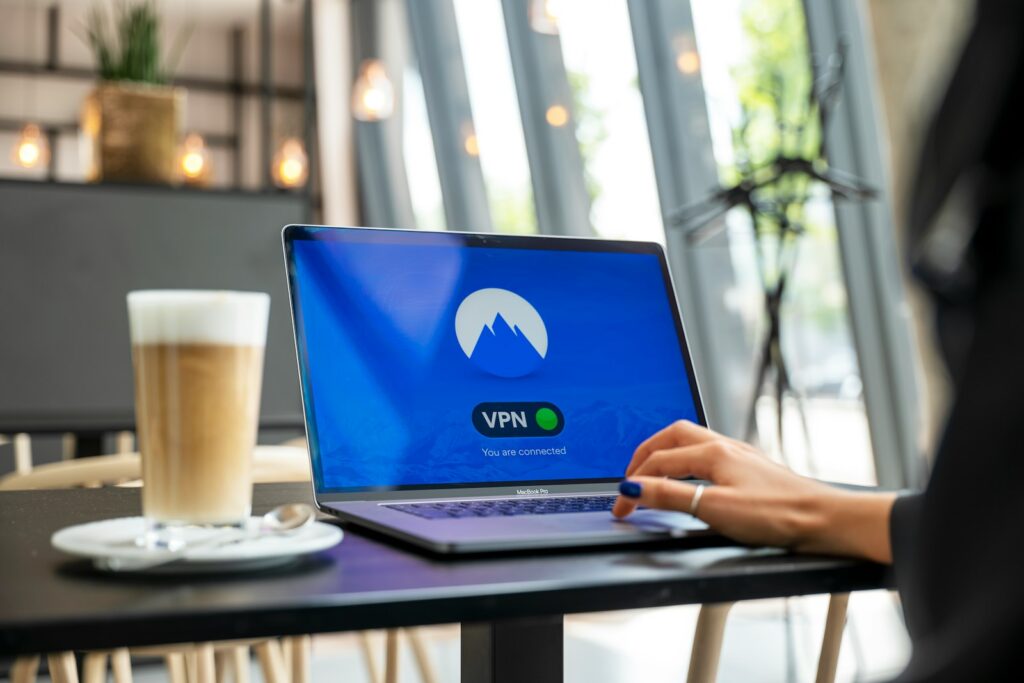
USB Guardians: Protect Your Laptop from Sneaky Invaders
USB devices can be like Trojan horses, carrying hidden dangers that can infiltrate your laptop. Stop malware in its tracks with these USB protection strategies:
Scan all external devices before connecting
Before connecting any USB device to your laptop, scan it for viruses and malware using your antivirus software. This quick and simple step can save your laptop from an uninvited digital guest.
Disable automatic execution of USB devices
Configure your laptop’s settings to disable the automatic execution of USB devices. This way, you can prevent malware from automatically running upon connection, ensuring your laptop remains safe and sound.
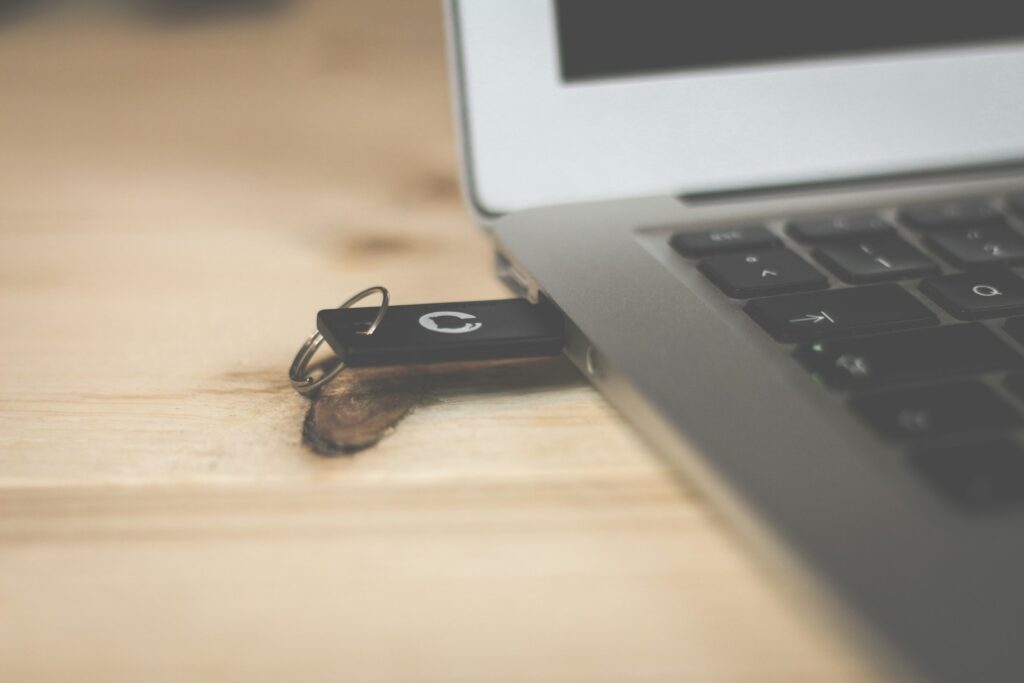
Regularly update your USB security software
Aside from updating your antivirus software, it’s crucial to update your USB security software regularly. These updates often contain important bug fixes and enhanced protection against malware on USB devices.
Backup Brigade: Shield Your Data with Regular Backups
Prepare for any potential cyberattacks by safeguarding your data with frequent backups. Don’t let your valuable data fall into the hands of digital villains:
Utilize cloud storage services for automatic backups
Cloud storage services like Dropbox, Google Drive, or OneDrive offer seamless and automatic backups of your important files. Store your data in the cloud, and even if your laptop is compromised, your data remains safe and accessible.
Create periodic manual backups for added security
In addition to cloud backups, schedule regular manual backups to an external hard drive. By having an offline backup, you can recover your data even in scenarios where your internet connection is compromised or cloud storage is unavailable.
Encrypt your backups for an extra layer of protection
Encrypting your backups adds an extra layer of security to your data. Tools like VeraCrypt or BitLocker allow you to encrypt your external storage devices, ensuring that even if they fall into the wrong hands, your information remains unreadable and secure.
Laptop Lockdown: Physical Measures for Enhanced Security
The physical security of your laptop is just as important as its digital protection. Take these precautions to secure your laptop in the real world:

Image courtesy of www.hp.com via Google Images
Use a laptop lock or cable to deter theft
When working in public places or leaving your laptop unattended, secure it with a laptop lock or cable. These physical deterrents make it difficult for potential thieves to snatch your device away.
Employ privacy filters to prevent shoulder surfing
Privacy filters shield your laptop screen from prying eyes, ensuring that only you can see what’s on the display. By preventing shoulder surfing, you protect your sensitive information from those seeking to gain unauthorized access.
Keep your laptop in sight or locked away when unattended
Never leave your laptop unattended in public places, even if it’s just for a moment. If you’re unable to keep it in sight, lock it away securely to prevent the risk of theft or unauthorized access.
Stay in Control: Update Your BIOS and Firmware
Your laptop’s BIOS and firmware are the foundations on which your system operates. Keep them updated to buffer against potential vulnerabilities:
What is BIOS and firmware?
BIOS (Basic Input/Output System) and firmware are the software codes embedded in your laptop’s hardware. They control the system’s boot process, hardware initialization, and low-level operations that allow your laptop to function.
Importance of regularly updating them
Updating your BIOS and firmware is crucial because it often includes essential security patches, bug fixes, and performance optimizations. Regular updates keep your laptop running smoothly and protect against potential vulnerabilities and exploits.
Tips for safely updating your BIOS and firmware
When updating your BIOS or firmware, ensure that you’re using official updates from the manufacturer’s website or through their official update tools. Follow the instructions carefully, as any errors during the update process could potentially damage your laptop.
Social Media Arsenal: Secure Your Digital Footprint
Your online presence paints a picture of your life, making it essential to protect your digital footprint against prying eyes. Preserve your privacy with these social media security practices:

Social media platforms have become a hotbed for cyber threats, making it crucial to fortify your laptop’s security when engaging in these virtual communities. By adopting battle-tested tactics, you can effectively defend your device against the sneaky viruses and malware lurking on social platforms. Here are some key strategies to shield your laptop and ensure a safer online experience:
Be cautious with friend requests and messages
Cybercriminals often exploit social media to send malicious friend requests or messages. Avoid accepting requests from unfamiliar individuals or suspicious-looking accounts. Be skeptical of messages containing links or attachments, as they may contain malware designed to infect your laptop.
Set strict privacy settings on social media platforms
Check and adjust the privacy settings on your social media accounts to control who can see your posts, personal information, and photos. Limiting access to trusted friends and family helps safeguard your online identity.
Be cautious while sharing personal information online
Resist the urge to share personal information like your home address, birthdate, or phone number on public platforms. Cybercriminals can exploit this information to initiate identity theft or scamming attempts.
Secure your social media accounts with strong passwords
Just as with your laptop, secure your social media accounts with strong, unique passwords. This adds an extra layer of protection against account hijacking attempts.
In addition to these tactics, it is also essential to enable two-factor authentication on your social media accounts for an added layer of security. By doing so, you will prevent unauthorized individuals from accessing your accounts, even if they manage to obtain your password. Remember, being proactive in safeguarding your laptop on social media platforms significantly reduces the risk of falling victim to viruses and malware. Stay vigilant, follow these tips, and rest easy knowing that you’re taking the necessary steps to protect your precious device.
Educate and Empower: Strengthen Your Security Savvy
Knowledge is power in the world of cybersecurity. Arm yourself with information and become a cybersecurity superhero:
Stay informed about the latest cyber threats
Keep up with the ever-evolving world of cybersecurity by staying informed about the latest threats, trends, and best practices. Regularly reading tech news, blogs, and subscribing to newsletters can help you stay one step ahead.
Engage in cybersecurity training and courses
Consider enrolling in cybersecurity training programs or online courses to enhance your knowledge. Many institutions and organizations offer free or paid options, helping you develop the skills needed to protect yourself and others.
Share knowledge and spread awareness among your peers
Knowledge is power, but sharing it multiplies its impact. Educate your friends, family, and colleagues about the importance of cybersecurity and teach them the best practices to protect their laptops from viruses and malware.
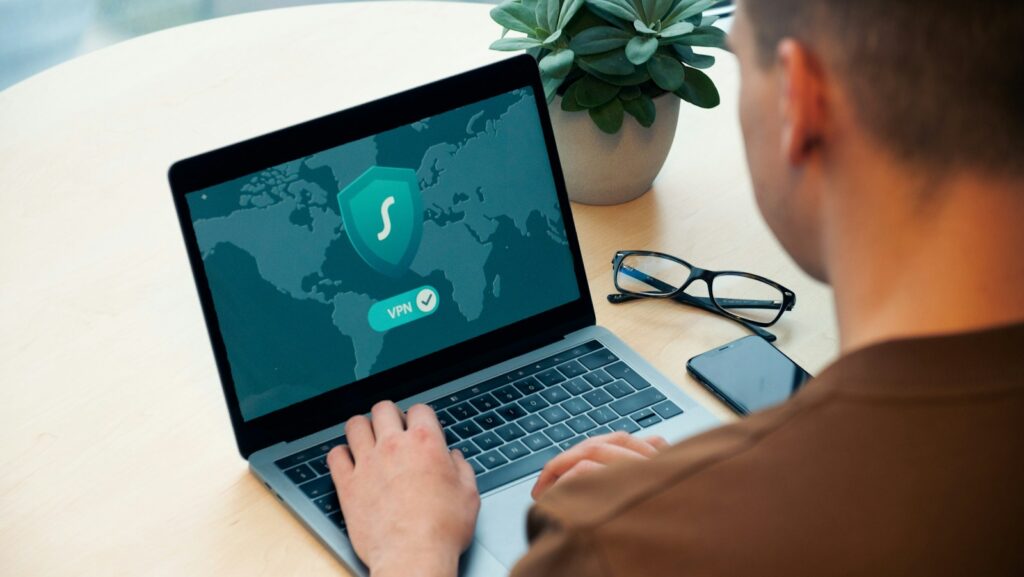
Vital Vigilance: Recognizing Signs of Infection
Even with our robust defenses, staying vigilant is the name of the game. So, let’s explore the subtle signals that could indicate trouble brewing within your laptop’s fortress:
Unusual System Behavior
Picture this: your laptop acting like a quirky character in a tech thriller. Slowdowns, crashes, or mysterious system errors – these are the digital Morse code messages signaling something might be amiss. Regularly monitor your device to catch any unexpected performance twists and turns.
Pop-ups and Advertisements
Imagine your laptop throwing a digital party, and suddenly, uninvited pop-ups and ads crash in. It’s the equivalent of your laptop saying, “Houston, we’ve got a situation.” Don’t let these unexpected guests distract you; investigate their source promptly to keep the digital party under control.
Sudden Spike in Network Activity
Ever get the feeling your laptop is having a secret rendezvous with the digital world? Keep tabs on your network activity. If there’s a sudden surge – like your laptop attending a clandestine meeting – it could be malware trying to sneak out. Grab your cyber-binoculars (network monitoring tools) to catch these digital spies in action.
Tackling Infections: Identifying and Removing Viruses and Malware
Despite your best efforts, sometimes those pesky viruses and malware manage to sneak into your digital haven. So, what’s the plan if your laptop catches a bug? Don’t worry; we’re here to guide you through a mission to spot and kick out those digital intruders. Here’s the drill:
Recognize the Signs of Infection
Become a bit of a detective and keep an eye out for signs of trouble. Is your laptop acting a bit weird lately? Random crashes or unexpected pop-ups might be waving a red flag. Pinpointing these symptoms is crucial before moving on to the cleanup.
Conduct a Comprehensive System Scan
Suspect an infection? Time to launch a thorough system scan with your trusty antivirus software. Let it be your digital cleanup crew, digging into every nook and cranny to root out those intruders and restore order to your laptop world.
Quarantine and Neutralize
When your antivirus signals a threat, quarantine it pronto. Think of it like isolating the infected patients in a secure ward. This move stops the nasties from spreading while you decide whether to kick them out, delete them, or dig deeper into the investigation.
Employ Specialized Malware Removal Tools
In times of infection, bring in the specialists. Update and run dedicated malware removal tools like Malwarebytes, AdwCleaner, or Windows Defender Offline. These tools are your elite task force, equipped to take on the toughest digital adversaries.
Frequently Asked Questions on How to Protect Your Laptop from Viruses and Malware
Hey there! Worried about keeping your laptop safe from viruses and malware? Fear not! We’ve got you covered with battle-tested tactics to shield your precious device. Ready to dive in?
Q: What is the first line of defense when it comes to protecting my laptop against viruses and malware?
A: The first and most crucial line of defense is having a reliable antivirus software installed. Think of it as your laptop’s own personal bodyguard, tirelessly scanning for any sneaky intruders trying to ruin your digital life.
Q: Okay, got it! So, is there anything else I can do apart from having an antivirus software?
A: Absolutely! While antivirus software provides an essential shield, there are a few extra tricks you can employ to fortify your laptop’s defenses. For starters, be cautious while browsing the wild web. Stick to trusted websites like a digital compass leading you through uncertain territories.
Q: Sounds sensible! But what if I accidentally land on a shady-looking website, how can I prevent malware from attacking my laptop then?
A: Ah, the good ol’ rule of thumb: think before you click! Avoid falling into the traps of tempting pop-ups or clicking on suspicious links. Just like avoiding a shady street in real life, steer clear of digital alleys that seem too good to be true.
Q: Got it! Now, what about those pesky email attachments I receive? Should I be wary of them too?
A: Oh, absolutely! Email attachments can be like Pandora’s box, so it’s vital to exercise caution when encountering them. Even if it appears to be from a trustworthy source, double-check before blindly opening attachments. Better safe than sorry, right?
Q: Definitely! But what if my antivirus software misses something? Are there any additional steps I can take?
A: Indeed! While antivirus software is a superhero in its own right, it’s not invincible. To strengthen the shield, you can schedule regular system scans to catch any potential lurking threats that may have slipped through the cracks.
Q: Speaking of cracks, what if my laptop’s operating system has weak points? Can hackers exploit those?
A: Ah, you’re talking about those vulnerabilities that hackers are relentlessly searching for, aren’t you? Well, fret not! Keeping your operating system up to date ensures that those pesky weak points are constantly patched up, leaving hackers scratching their heads.
Q: That’s a relief! Any other tricks up your sleeve to keep my laptop virus-free?
A: Absolutely! Along with installing regular updates, backing up your important files frequently acts as a safety net. Imagine having a spare parachute if your laptop decides to take a nosedive due to some malicious attack. Plus, it’s always better to be prepared for the worst-case scenario.
Q: Great advice! Any parting words of wisdom to keep our laptops secure from cyber threats?
A: Of course! Remember, the art of laptop protection is a combined effort of both smart software choices and an alert online demeanor. Treat your laptop like a prized possession and it will repay you with unwavering loyalty. Stay vigilant, stay resourceful, and stay safe!
Insights and Conclusions
Well, folks, we’ve reached the end of our battle against those sneaky viruses and malware that plague our beloved laptops. It’s been quite the adventure, hasn’t it? From the treacherous depths of the internet to the uncharted territories of suspicious links, we’ve armed ourselves with knowledge and tactics to defend our precious devices.
But before we bid adieu, let’s recap the battle-tested tactics we’ve learned along the way. Remember, it’s all about having a comprehensive defense strategy.
First off, we emphasized the importance of a robust antivirus software. Just like a shiny suit of armor, this software shields your laptop from malicious attacks, scanning every nook and cranny to detect any signs of danger. It’s like hiring a personal bodyguard for your digital world!
Next up, we covered the essential practice of regular updates. Think of it as fortifying your defenses. Software updates not only introduce new features and improvements but also fix vulnerabilities that could potentially be exploited by malware. By keeping your software up to date, you’re always one step ahead of the bad guys.
We then donned our detective hats and delved into the world of phishing emails. Remember, those cunning emails that try to trick you into revealing sensitive information? We’ve armed you with tricks to spot the phonies – misspelled words, suspicious links, and overly urgent requests. Armed with knowledge, you’re now equipped to dodge those phishing hooks!
Of course, we couldn’t forget the power of our trusty friends, backups. Just like a secret stash of gold, regular backups ensure that even if disaster strikes, your important files and cherished memories can be restored like magic. So, don’t forget to back it up, folks!
Lastly, we imparted some wisdom about the importance of common sense. Yes, that’s right – good old common sense! Staying vigilant while browsing the internet, avoiding shady websites, and not indiscriminately clicking on any random link can go a long way in keeping your laptop safe and sound.
Here’s a quick summary:
| Battle-Tested Tactics to Defend Against Nasty Viruses & Malware |
|---|
| How to Protect Your Laptop from Viruses and Malware |
| – Keep your laptop’s operating system and antivirus software up to date. |
| – Install a reliable antivirus software that suits your needs and budget. |
| – Be cautious of suspicious email attachments and downloads. |
| – Regularly back up your important files to an external hard drive or cloud storage. |
| – Enable a firewall to add an extra layer of protection. |
| – Avoid visiting unsecure websites or clicking on suspicious links. |
| – Educate yourself about phishing scams and avoid sharing personal information online. |
| - Use complex and unique passwords for your laptop and online accounts. |
| – Enable two-factor authentication whenever possible. |
| – Be mindful of public Wi-Fi networks and avoid accessing sensitive information on them. |
So, dear readers, armed with these battle-tested tactics, it’s time to go forth and conquer the digital realm fearlessly. Remember, the battle against viruses and malware is never over, but armed with knowledge, you’re equipped to shield your laptop and protect your digital kingdom. Stay safe, stay savvy, and may your laptops forever remain virus-free!

